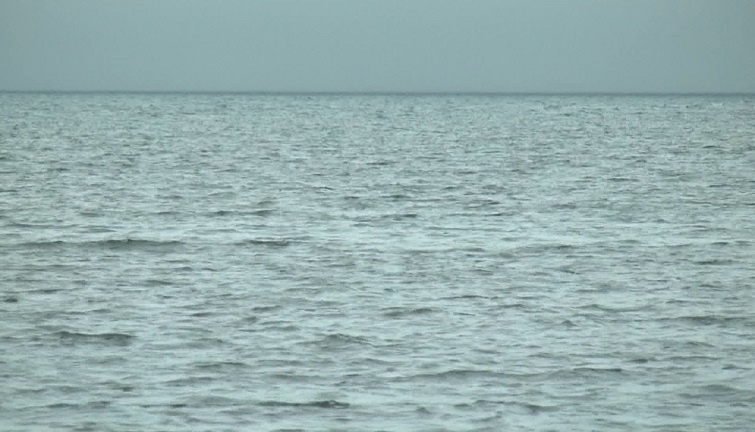Increase in false distress, growing concern

GREAT LAKES — Coast Guard units across the Great Lakes request the public’s assistance in combating a rise in false distress calls.
A false distress or hoax can be made by phone or over a marine radio by a person claiming to be in distress to intentionally deceive others and cause an unnecessary search. There have been more than 160 false distress calls made to date across the Great Lakes compared to 55 similarly in 2016.
The Coast Guard treats all emergency calls as if they were real until they can be proved otherwise. A false distress can put other mariners in real danger at greater risk because of the redirecting of available search and rescue responders.
“False distress and hoax calls expose not only Coast Guard rescuers, but our partner agencies and other mariners to unnecessary risks, and potentially take away personnel and resources from real emergencies,” said Capt. Joseph McGilley, chief of incident management for the Ninth Coast Guard District, which encompasses the entire Great Lakes region.
If someone makes a distress call in error during a radio check or learns that a distress call was made over the radio by accident or a child, they are advised to contact a local Coast Guard unit or the Ninth District Command Center at 216-902-6117 so that personnel and units can stand down.
Persons who knowingly make hoax or false distress calls to intentionally deceive rescuers can face up to six years in prison, $250,000 fine, $5,000 civil penalty, and the possible reimbursement to the Coast Guard for the cost of performing the search. The Coast Guard works closely with the Federal Communications Commission and law enforcement partners to track and pinpoint potential hoax calls.
The average cost of launching a Coast Guard response boat is about $4,500 an hour while the cost of a Coast Guard helicopter involved in a search could run as high $16,000 an hour. A hoax mayday case can sometimes last an average of 3 hours before it is called off.
In 2017, a Chicago man was sentenced to 6 months in prison, three years of supervisory release and ordered to pay the Coast Guard $28,181 in restitution for knowingly calling in false distress calls of a body in the Chicago River on two separate occasions in 2014.
